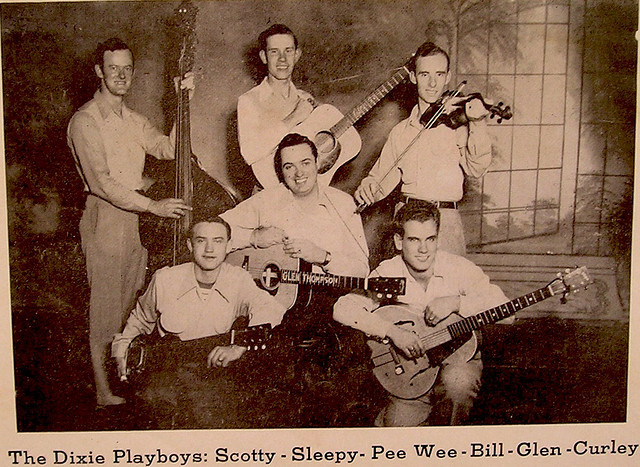Christian music is often quite bad. High school garage bands are also often quite bad. Youth group bands comprised of high schoolers are nearly always bad (hyperbole).
One Christian Rock band became famous last February when their music video was picked up by the website Dangerous Minds. Mocked as an epically awful song and video, Final Placement’s “Shine” became an Internet sensation and is still considered one of the top examples of bad Christian music on the Internet. The video is unmistakably hilarious. The instruments are out of time. The singer mumbles and struggles to stay in key. The guitar solo is corny and also out of key. But what really makes the video so painfully funny is that the musicians seem to be completely unaware of how awful this song is; they sing and play with joyous conviction, as if they really were, uh, shining.
As funny as this epic fail of a song is, I cannot justify laughing at what appears to be a youthful and sincere attempt to praise God in song (especially given my own contributions to bad Christian music during high school). It seems to me that there is no question that if we are to love our neighbor, we can’t in good faith laugh at these boys. Instead, I would like to explore what this particular meme might mean to us, the church. To what extent are we responsible for the global humiliation of Final Placement?
“Shine” by “Final Placement” (Original Video) from F.P. Shine on Vimeo.
While I do not know the back story behind “Shine,” I think we can safely assume a few things. People other than members of the band heard this song and saw the video before it was placed online. It is quite likely that people who attended church with Final Placement heard the song before it was posted. And it is also quite likely that people in their church knew of their aspirations to play in a rock band before they even wrote this song. Even if some of these assumptions are false in the case of Final Placement, I can say with confidence that the scenario I have just described has been true many times over in churches across our country.
Evangelicals have an odd relationship with the arts, and particularly with music. In some corners, we are deathly afraid of the demonic, tribal sounds of rock music, while in others we openly “parody” secular music by replacing the lyrics and leaving the music–with all its significance–intact. The church is one of the few places left in our culture where one can hear live music played weekly, yet in many churches the question of how to glorify God through worship is rarely considered, resulting in music which is incongruous with the lyrics that accompany it. In most Christian communities there is a strong and loyal support base for local Christian bands, but there is rarely the kind of edifying, constructive, and critical support that these bands need in order to strive for excellence in what they are doing.
I wrote about this phenomenon a few years ago at Christ and Pop Culture, so I will be brief here and refer you to that article if you are interested in more details. But, in my mind, the embarrassment and mockery that Final Placement felt as a result of their song going viral is to some extent the outcome of the church’s uncritical and unthoughtful approach to music. Too often we are afraid to give critical feedback to young Christian musicians as long as they find a way to present the Gospel message in their songs. We must learn: Christ is not a Get out of Criticism Free card. Had someone approached these boys and explained to them that before they recorded and posted a song on the Internet, they needed to study and learn how to play their instruments well and how to write a good song, they might have been spared what I imagine was a fairly traumatic experience.
What this meme means for us is that we have an obligation to love those in our church who are pursuing the arts; and this obligation requires us to support them not only with praise, but with constructive criticism and encouragement to pursue excellence in all that they do, even if we must say to them that when they sing of God’s love, they are off key.











